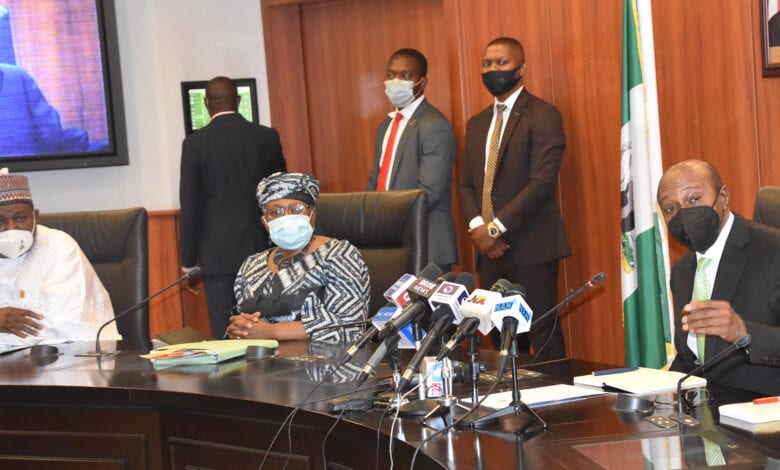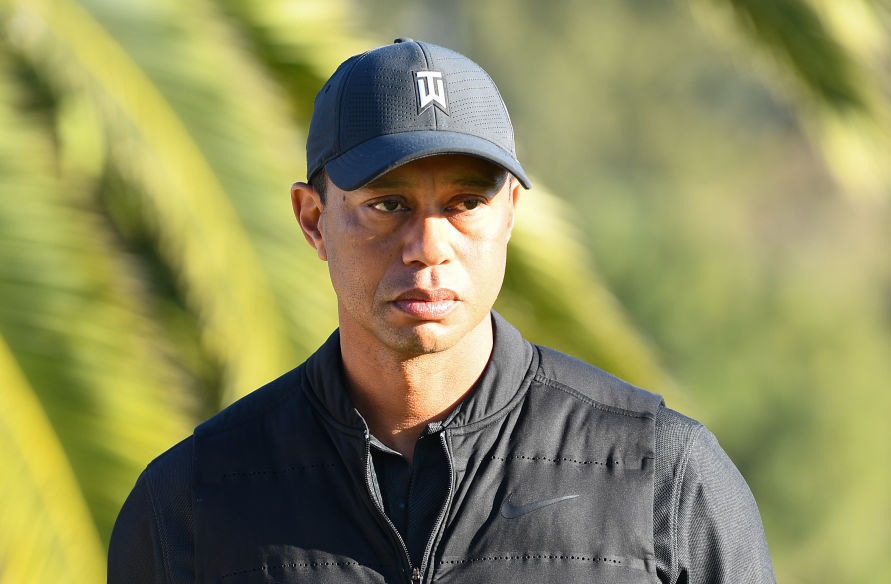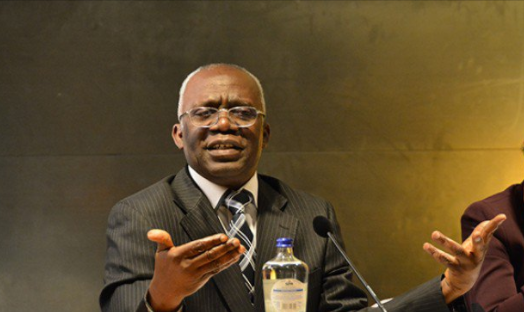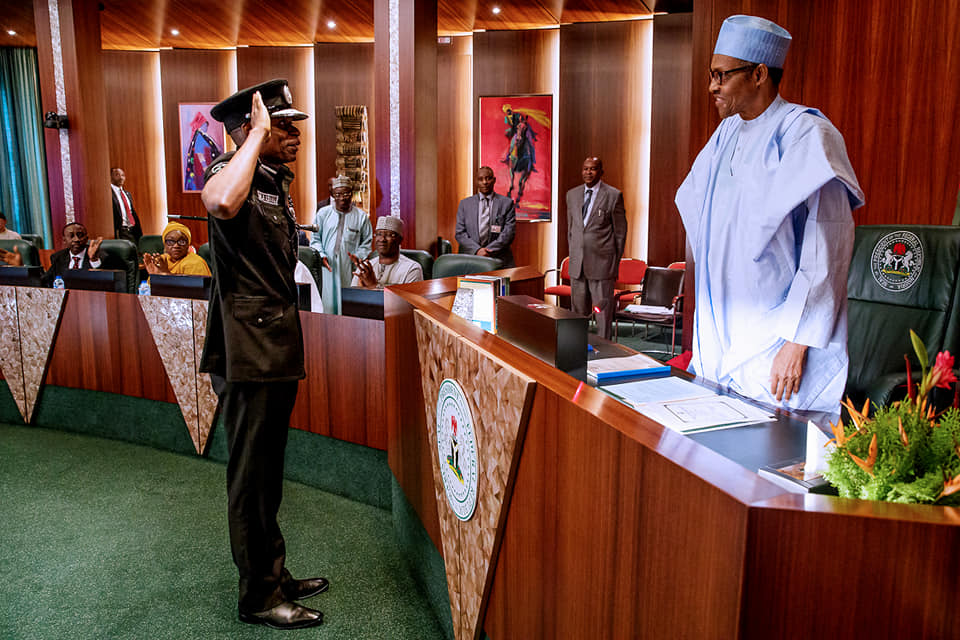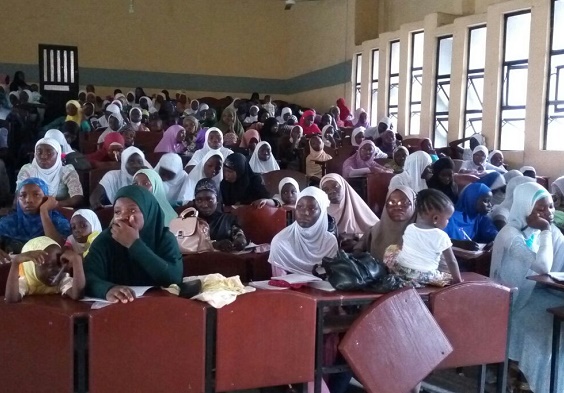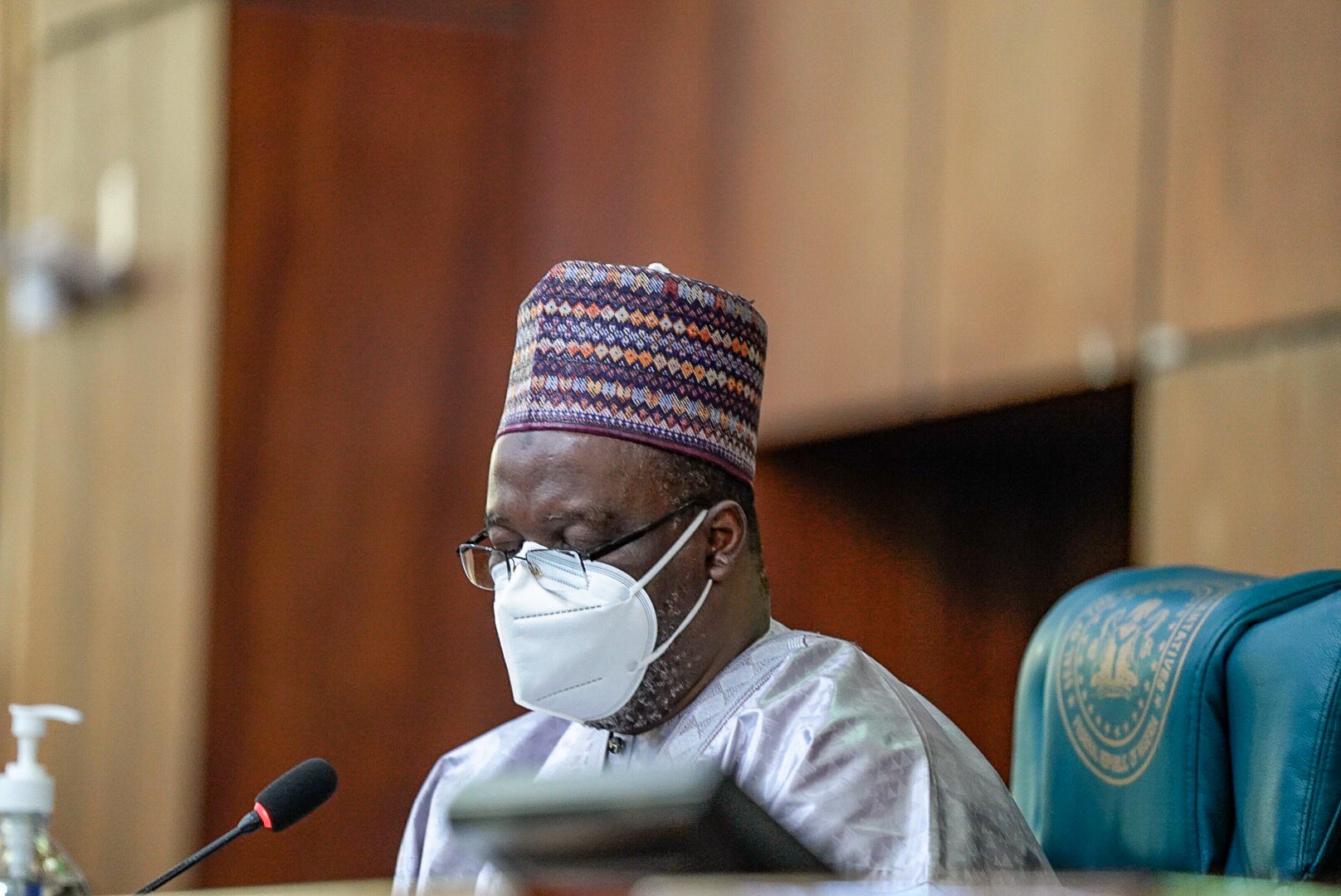Ngozi Okonjo-Iweala, director of the World Trade Organisation (WTO), says the European Union has filed complaints against Nigeria over restrictions placed on milk and dairy products importation.
Okonjo-Iweala, who is currently on a working visit to Nigeria, held a meeting with Godwin Emefiele, the governor of the Central Bank of Nigeria, in Abuja on Tuesday.
As part of efforts to conserve scarce forex and boost local production, the CBN had said it would no longer provide forex for milk importation.
The WTO DG said: “I have to raise issues about the BoP (Balance of Payment). We have a complaint against us by the EU about the use of devaluation of the balance of payments’ agreement with respect to trying to protect the dairy industry.
Advertisement
“And they feel that this is not the right instrument. So as DG WTO, I have to make this known.”
Defending Nigeria’s policy stance, Emefiele said it was due to dairy companies who refused to align with its backward integration programme and the need to protect the national interest.
“We called a meeting about six years ago when I resumed. I said look, Nigeria has dairy potential by the cattle and the rest of them; let’s see what can be done. Nothing was done,” the CBN governor explained.
Advertisement
“Two years ago, we started again, we said listen, we are going to start a programme where we are going to place FX restrictions on those who want to import dairy into Nigeria. Six of them came on board- Friesland and a few of them.
“At that meeting, we took a decision that those who are not embracing our own backward integration programme in the dairy industry should be restricted.
“Does that mean Nigeria does not have the potential? The answer is no. So that’s why we in the monetary and fiscal authority must put everybody’s feet on fire so that the right things are done for the good of Nigeria and Nigerians.”
Emefiele said local industries need to be given a chance to create jobs given the high rate of unemployment among youths, who account for close to 60 percent of Nigeria’s population.
Advertisement
“We do know one way or the other, people may have said a few things about the way we have conducted our trade, but I think it’s important for me to say that some of those things have been done to also help protect our own industries.
“The fact that we need to create jobs for this set of people, we need to create an enabling environment for this set of people to live a gainful life, means that we have a responsibility to do so and in doing so, we will need the support of institutions like yourself (WTO) to work with us.
“We may have faltered in a few areas, I am not going to deny that, we will be willing to engage with you (WTO) in areas where we have concerns. And if those concerns are addressed, I want to assure you madam DG that we will work with you.”
In response, Okonjo-Iweala advised that Nigeria use WTO’s trade remedies which help to protect local industries without resulting to import restrictions
Advertisement
Add a comment

